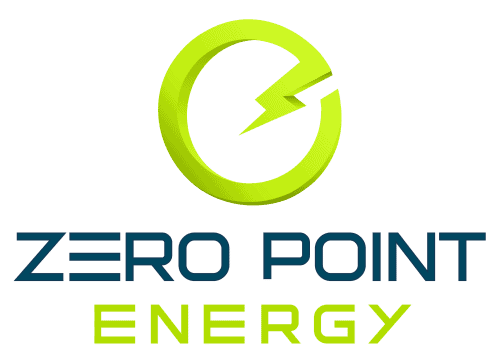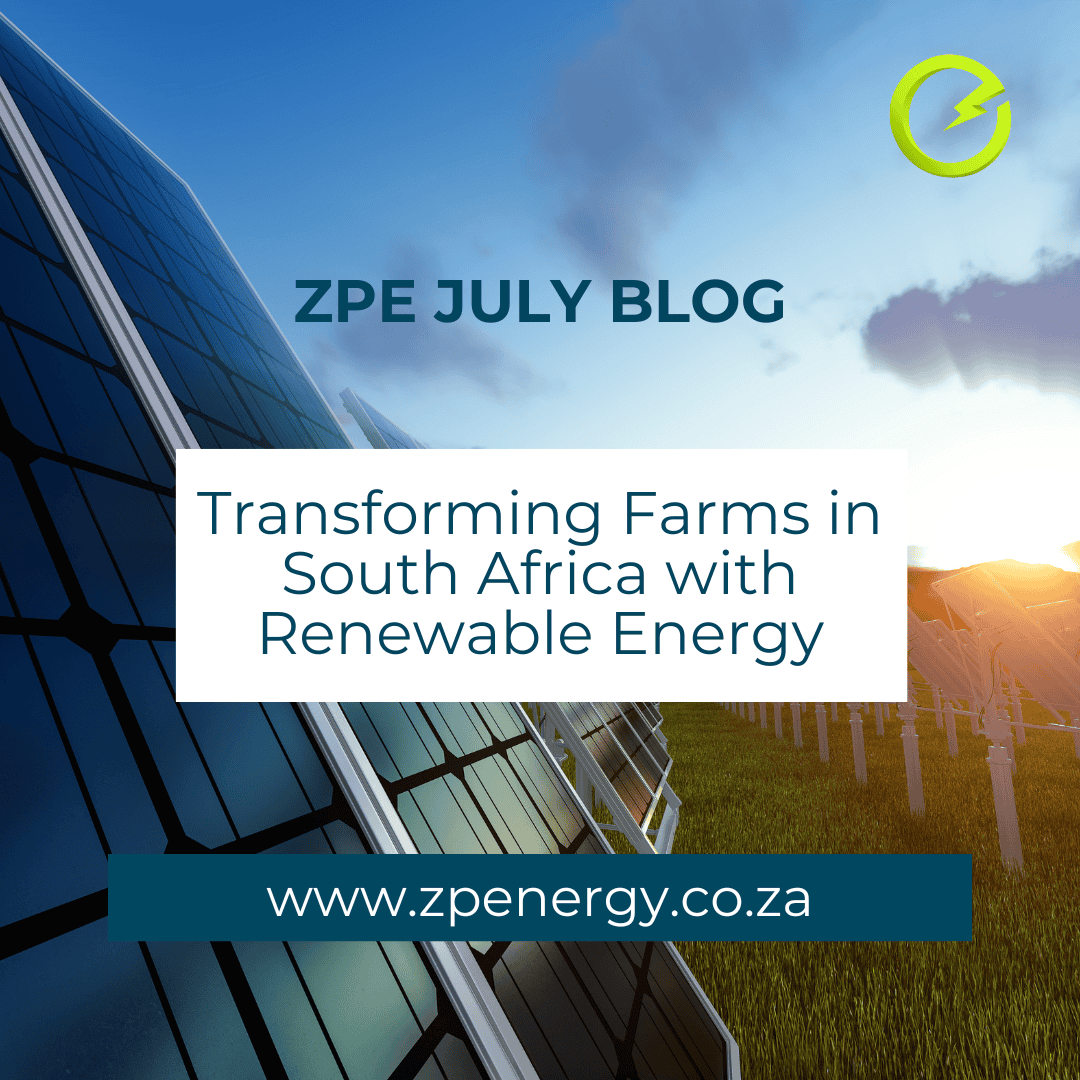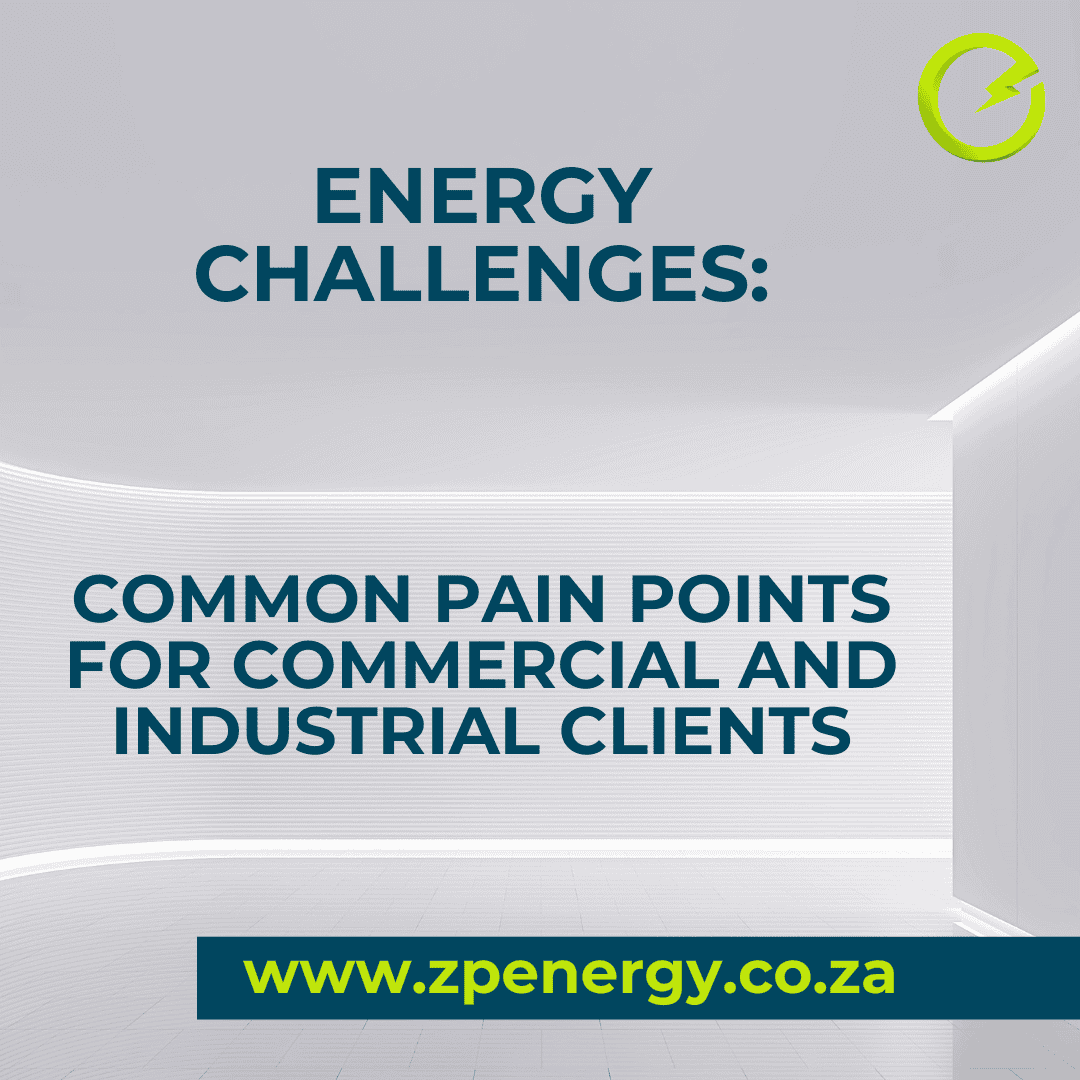
Heat pumps have been around for a long time. The basic mechanism is found in many heating and cooling applications. These devices are widely used for water heating. Compared with regular electrical element-based heaters, they can significantly cut down on how much electricity you use.
The Basic Function of a Heat Pump
A heat pump is an electrical device that transfers heat from a cooler area known as a heat source to a warmer area known as a heat sink. Because this is opposite the natural flow of energy from hot to cold regions, some electrical energy must be input into the system. This is used to pump and compress the refrigerant—the liquid that makes the work of a heat pump possible.
Different refrigerants are used in modern-day heat pumps. These include non-ozone-depleting hydrochlorofluorocarbons, isobutane, dimethyl ether, and carbon dioxide. Heat pumps can operate in cooling mode, as they do in refrigerators and air conditioners, where heat is moved into the surrounding area. Heat pumps often operate in the heating mode, which is effectively the reverse of an aircon. Heat moved in the system is released into a specific space to be heated.
The basic operation of a heat pump can be described through the cycle of temperature and pressure changes that happens across the four components of a heat pump illustrated in the diagram below. These components are the evaporator, compressor, condenser, and expansion valve.

Source: Veolia Water
The cycle happens as follows:
- In the evaporator, heat from the surrounding air, the heat source, is used to heat up the refrigerant, which then boils and vaporizes. In some setups, this heat could also come from the ground or from underground water.
- The vaporized refrigerant moves across the compressor, where its pressure and temperature are increased as it gets pumped to the condenser using electrical energy.
- At the condenser, heat is removed from the pressurized vapour in a heat exchanger and used to heat water or the system to be heated.
- The refrigerant is condensed back into a liquid and moves through the expansion valve. The temperature and pressure of the refrigerant are reduced, and it moves back towards the evaporator for the next cycle to begin.
Heat Pump Applications
The typical application of a heat pump is in water heating in residential and commercial buildings. This hot water can meet all of the hot water requirements and flows from the hot water tap. Heat pumps can also be used to heat swimming pool water. The diagram below shows an example of a residential heat pump.

Source: Ohio’s Electric Cooperatives
Because these devices can operate in both the heating mode and the cooling mode, there are many other applications besides heating water. Heat pumps are used for various heating, ventilation, and air conditioning applications. In much colder countries, such as Canada, heat pumps can extract heat from the air or geothermal energy from the ground even on freezing cold winter days. This energy is used to heat the home. The reverse process happens in summer where the same heat pump is used to cool and humidify the home.
Comparison of Heat Pump and Conventional Geyser
There are different options for hot water heating in your residential or commercial building. Two of the options you can choose are the conventional geyser and the heat pump. These two water-heating devices have different modes of operation. The conventional water geyser uses electrical energy to heat up the water to the right temperature. While the heat pump also uses some electrical energy, this is mainly used to power the compressor component in the cycle. Most of the energy used to heat up the water comes from the heat absorbed from the air and transferred to the water in the heat exchanger.
Because of the differences in electrical energy usage between the heat pump and the conventional geyser, the heat pump uses much less electricity to heat the same amount of water. This makes this a very viable option if you are looking to save on your energy costs.
A useful metric used to measure the efficiency of a heat pump is the coefficient of performance, or (CoP). This is calculated by dividing the useful heating or cooling provided by the heat pump by the work required. The higher this number, the less energy is needed to heat water, and the more efficient the heat pump. For a conventional geyser, the CoP is equal to 1. This means all the electricity put into the system is used to heat water, ignoring heat losses for now. For a heat pump, the CoP is about 3 or 4. This means that the heat transferred in the system and used to heat the water is 3 or 4 times the electrical energy used to power the heat pump.
Put another way, heat pumps require much less electricity to operate than conventional geysers. A heat pump can heat the same amount of water as a conventional geyser using just a third or a quarter of the electricity required by the latter. This equates to significant savings in your electricity consumption of about 60-70%.
Compared to a conventional geyser, buying and installing a heat pump may be more expensive in some instances. Over time, however, the savings from the lower electricity usage bring a better return on investment. As the price of electricity in South Africa rises, the savings from using a heat pump will be even greater, and the time to recover your investment shorter. Another benefit of a heat pump is the lower maintenance costs and requirements.
The CoP is higher when the temperature difference between the heat source and the heat sink is smaller. This efficiency is also affected by the level of insulation in the heat pump, which is usually very good, and the size and layout of the rest of the equipment. Switching from a conventional electric geyser to a heat pump can easily be done with a few changes, and this works out to be very worthwhile in the long run.
__________________________________________________________
Feel free to contact us to see how we can help you with your sustainable water heating project:
+27605218388 | info@zpenergy.co.za | @zeropointSA | www.zpenergy.co.za
Zero Point Energy (Pty) Ltd is a proudly South African sustainable engineering company that provides professional engineering consulting & turn-key solutions in the areas of energy efficiency, renewable energy, off-grid and energy storage solutions, water efficiency and responsible waste management. The company is a 100% black youth-owned, 30% black female-owned EME achieving a Level 1 BBBEE Contributor status, and has a passion to transform the energy industry without compromising on safety, quality and client satisfaction. Email: info@zpenergy.co.za Web: www.zpenergy.co.za



